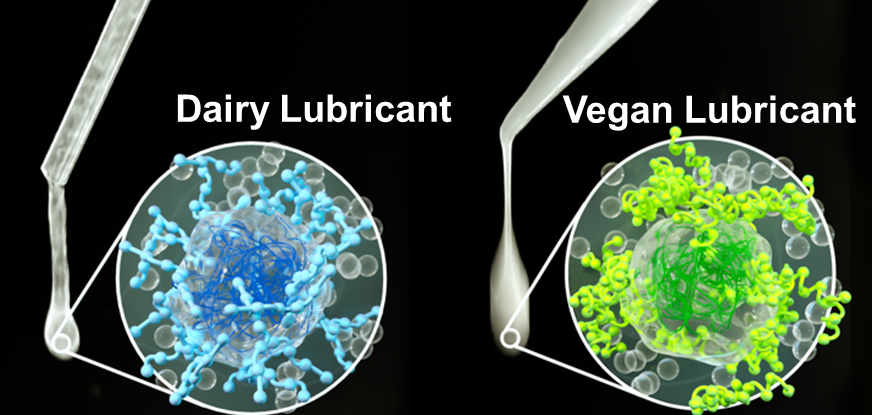Dr. Olivia Pabois publishes a benchmarking study on saliva substitute in Scientific Reports

Dry mouth affecting 1 in 10 adults with rates as high as 30% in older adults and 80% in institutionalised older adults is one of the significant burdens on overall healthcare worldwide today. Although a very broad range of saliva substitutes exists in the marketplace, patients report their inefficacy and short-lived ability to alleviate symptoms, which force them to use their medical device repeatedly to be able to speak and eat, ultimately reducing the quality of life. This study by Dr. Olivia Pabois (Postdoctoral Research Fellow, ERC Proof of Concept AquaLub Project) published in Scientific Reports today titled "Benchmarking of a microgel-reinforced hydrogel-based aqueous lubricant against commercial saliva substitutes" addresses dry mouth conditions and offers an innovative aqueous lubricant solution that may offer improved quality of life to dry mouth patients offering long lasting relief. Dr. Olivia Pabois Pabois in collaboration with Dr. Kwan Mo-You, Ben Kew (PhD Student, ERC LubSat Project), Dr. Evangelos Liamas (Postdoctoral Research Fellow, ERC LubSat Project) and other co-authors show that a microgel-reinforced hydrogel based aqueous lubricant (patent filed) invented at Sarkar Lab offers up to 41–99% more effective boundary lubrication as compared to salivary substitute topical products available in the market place. Such high lubricity might be attributed to their limited real-time desorption (7%) from a dry-mouth mimicking hydrophobic surface unlike the tested commercial products including gels and sprays (23–58% desorption). This comprehensive benchmarking study paves the way for employing these microgel-based aqueous lubricant formulations as a novel topical platform for dry mouth therapy and the first step towards a phase I clinical trial. The paper published in Scientific Reports, Volume 13, Article No. 19833 can be followed here: https://doi.org/10.1038/s41598-023-46108-w
